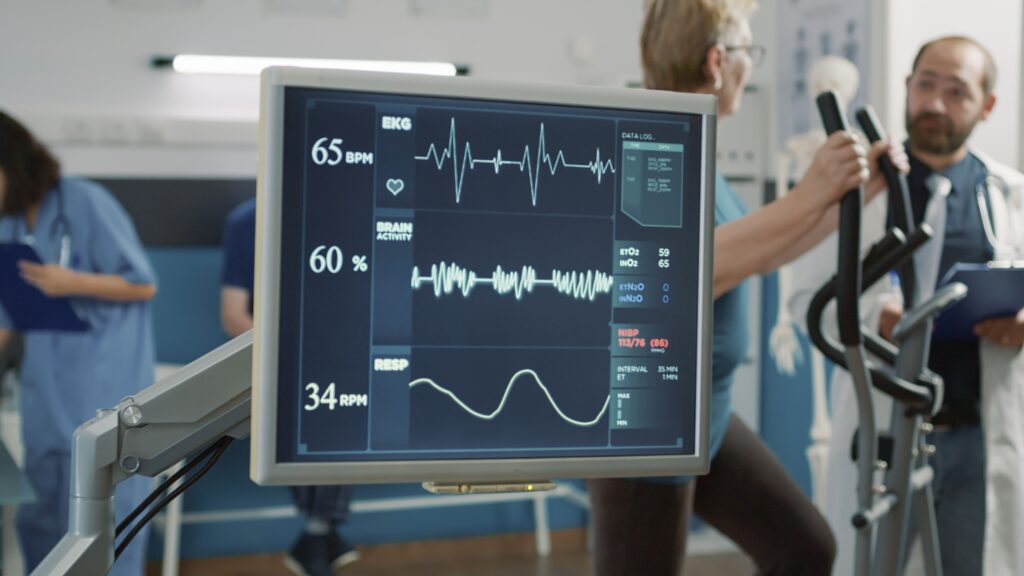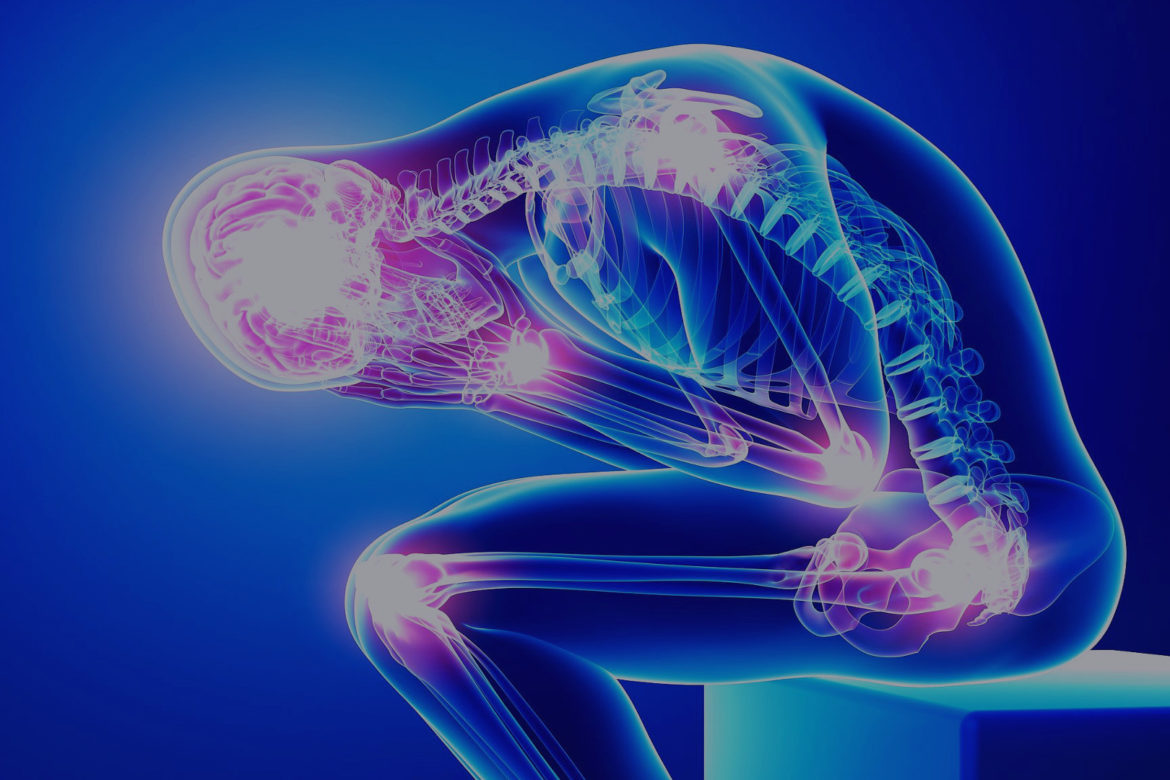Table of Contents
CBD seems to be the latest health trend, a miraculous substance that can help with everything, from chronic pain and inflammation to anxiety, insomnia and depression. In reality, studies and research are proving it day by day.
CBD is a very beneficial compound, and the hype might be justified. A 2018 report by the World Health Organization suggested that CBD may help treat symptoms relating to conditions such as cancer, Parkinson’s disease, multiple sclerosis (MS), anxiety, depression, insomnia and Alzheimer’s disease. However, it also notes that this research is still in the early stages, and that more studies are needed before conclusions can be drawn on whether CBD is effective.
Specifically, when we talk about the heart and the heart’s problem the issue is more nuanced, because the heart is a very complex muscle and organ. In this article, we will talk about CBD and the heart, the good and the bad, the benefits and the risks. Just keep reading.
What is CBD?
CBD, or cannabidiol, is a chemical compound extracted from the leaves and flowers of the hemp plant. It’s not the only one, but it’s the non psychoactive one, it’s legal and its side effects tend to be mild and manageable.
On the market, you can find CBD in different formulations and products: you can buy CBD oils, capsules, muscle gels, lotions, creams, sprays and oral drops, sweets, flowers, buds.
What are heart’s problems?
The heart, of course, is a really fundamental and also complex organ. There are many types of heart disease, and each one has its own symptoms and treatment, from lifestyle changes and medicines to surgery. In general, when we talk about conditions affecting the heart or the blood vessels we talk about cardiovascular disease.
These kinds of disease can come with deposits of fat into the arteries and an increased risk of blood clots. Sometimes, it’s associated with damage to the arteries in other organs (brain, kidneys, eyes).

There are a lot of cardiovascular diseases, but we can divide them into 4 groups.
Coronary heart diseases: they occur when the flow of blood and oxygen to the heart is reduced or completely blocked, putting a strain on the heart and leading to angina or chest pain, heart attacks, heart failure.
Strokes: a stroke happens when the blood supply to part of the brain is interrupted. It can cause brain damage and death. If the blood flow to the brain is only temporarily cut off, we have a transient ischemic attack (TIA). The symptoms can be: face dropped on one side, arms weakness or numbness, slurred speech. If you see these symptoms, call the ambulance immediately.
Peripheral arterial disease: sometimes it can be blockage in the arteries of the limbs. When that happens, we are watching a peripheral arterial disease that can cause pain, hair loss on the area, numbness or weakness, persistent ulcers on the area.
When the conditions are affecting the aorta, the largest blood vessel in the body which carries blood from the heart to the rest of the body, we are talking about aortic diseases.
Another thing you need to know about the heart’s diseases in general, is that they are the main cause of mortality, they can be chronic (like hypertension, atherosclerosis, coronary heart disease, and heart failure) and that in heart conditions, a high heart rate is not good.
Keeping heart rate lower is preferred, as it helps control blood pressure and lowers stress on cardiac muscles.
CBD effects on the heart: can CBD help with cardiovascular diseases?
The short answer, here, is: there is a good possibility that the answer is yes. For a long time CBD was illegal, and researchers knew little about the influence of cannabinoids on heart health. However, now things have changed, CBD is an accepted substance and the studies are promising. Everyday we find a new good thing about this chemical compound.
For example, CBD has mainly proven anti-inflammatory and anti oxidative properties that may be able to reduce risk factors that can lead to heart disease and related conditions, like stroke and TIA. It’s important to understand that inflammation is part of the process that leads to a lot of diseases, including heart’s ones, like coronary heart disease, high blood pressure and stroke.
Other studies have suggested that CBD can have a protective effect on the heart. These studies are mostly been conducted on animals (for example in rats after a heart attack and in mice with some of the heart damage associated with diabetes) but the results are promising and soon enough the trials can be done on humans and on the human heart. It seems that now researchers understand how cannabis can affect heart rate by interacting with the endocannabinoid system of the body.

That’s not all. There is ongoing research into the use of purer forms of CBD for a variety of conditions, including heart and circulatory diseases and, in particular, diseases of the heart muscle, including myocarditis and some types of cardiomyopathy. Additionally, the latest studies also show that CBD may have a much broader impact on heart health. It may alter inflammatory responses, help prevent the formation of plaques, and may exert a protective action on the cardiovascular system. More research is needed before we can definitively say that CBD can help in this area.
To put in the words of Henry Sumnall, a Professor in Substance Use at the Public Health Institute, Liverpool John Moores University, “It’s clear that CBD has potential, but we’re at a very early stage of that research.”
Conclusions
Always talk to your doctor and your heart specialist if you’re thinking about taking a CBD product to supplement your existing treatment and if you suffer from pre-existing heart conditions. CBD can interact with some medicines and substances, making them ineffective. CBD can also have side effects. With the dosage, start small and always listen to your body and your mind.





